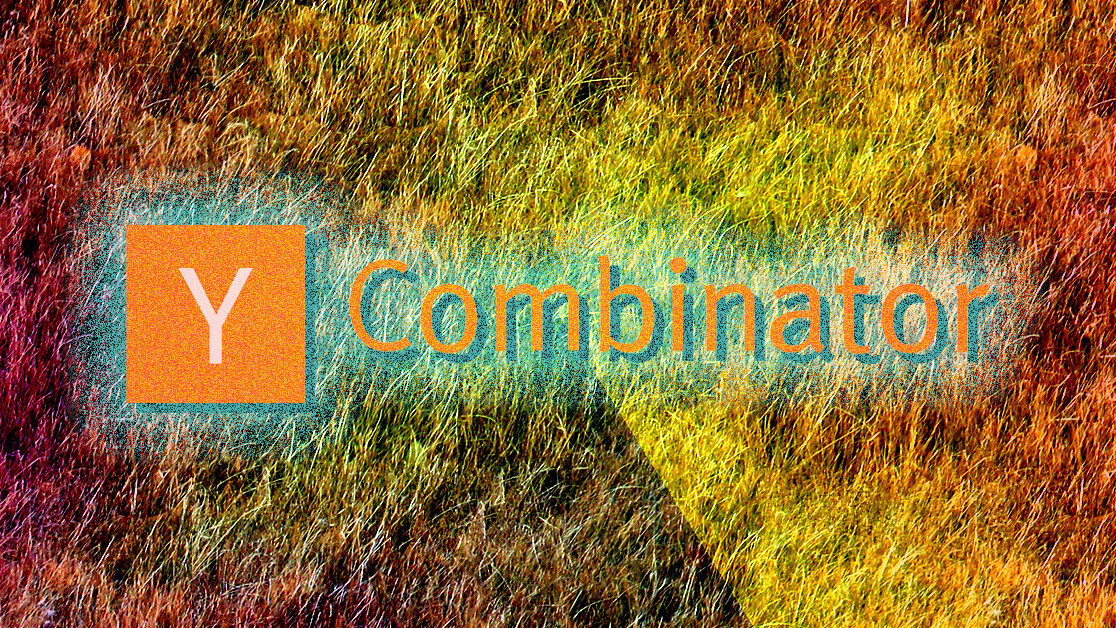
If you are looking to raise a series A, then you’re in luck because Y Combinator has published a comprehensive guide to help founders better understand this type of financing and close a round.
The well-known American Seed money accelerator has produced a 70-page guide based on its work with 190 businesses that raised a combined total of $2 billion over the past two years.
“This guide is a distillation of everything we know about successfully raising an A. It includes insights learned from watching hundreds of founders succeed in raising, and in watching dozens fail,” reads Y Combinator’s website.
[Read: Index Ventures launches $2B fund to back tech startups worldwide]
The guide features an overview of to-dos at every stage of series A funding, including best practices for creating a compelling pitch, deck, and memo for investors. It also goes into the theory, strategy, and tactics founders need over the course of a fundraise.
Y Combinator — which has backed tech giants including Stripe, Airbnb, and Dropbox — has been publishing series A-related content over the past two years in a bid to help entrepreneurs.
In January last year, the accelerator published a series A term sheet to help entrepreneurs get a sense of “standard and clean terms from a good Silicon Valley VC” — a favorable move for founders seeking greater transparency in the venture capital world.
Series A: Why it’s important
A series A round is typically the first significant round of venture capital funding closed by a startup company.
The name refers to a class of share which is sold to investors in exchange for their backing.
[Read: Your first step to raising €1M: Fewer investors and bigger sums]
The funding amount raised is typically bigger than a seed round as companies will already have a minimum viable product (MVP).
Have you successfully raised a series A? Then share your tips and insights with our readers!
Get the TNW newsletter
Get the most important tech news in your inbox each week.




